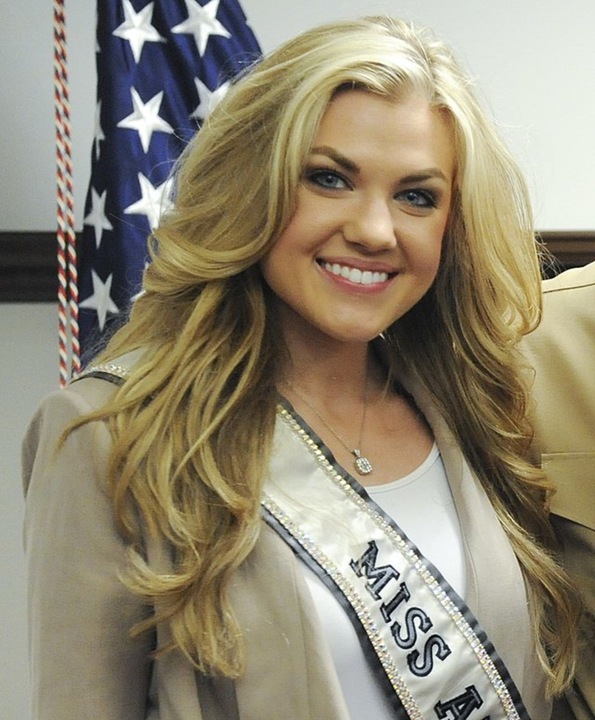Erika Kirk‘s appointment as CEO of Turning Point USA in September 2025 sparked renewed interest in her past charitable work, particularly a program called “Romanian Angels.” This initiative, part of her nonprofit “Every Day Heroes Like You,” operated in the Romanian town of Constanta and was described as an orphan aid program that organized activities like Christmas wishlists for children. However, this chapter of her life has become the subject of intense online controversy, with serious but unverified allegations casting a shadow over its history.
As Kirk stepped into a significant leadership role within a major political organization, old claims about the charity resurfaced across social media platforms. The central, and most damaging, allegation suggests the “Romanian Angels” ministry was involved in child trafficking. Specific rumors claim that children associated with the program disappeared and that the organization was ultimately forced to leave Romania in 2011. These claims often surface alongside reports of broader concerns about some evangelical ministries in Romanian towns like Tandarei and Constanta.
You Might Like: What Was Rudi Johnson’s Cause of Death?
Separating Rumor from Documented Fact
When examining these allegations, a clear gap emerges between the sensational claims circulating online and the evidence presented by official and credible sources. Fact-checking investigations conducted by various news outlets in September 2025 concluded that the accusations are not supported by credible evidence.
Crucially, there is no public record from either Romanian authorities or the U.S. State Department indicating that Erika Kirk or the “Romanian Angels” program was ever formally investigated or charged with any crime related to trafficking. Furthermore, the claim that the charity was expelled from Romania in 2011 lacks verification, with no official government records or reliable news reports to confirm it. The allegations have not been covered or confirmed by major international news agencies like Reuters or the Associated Press, which would typically report on such serious international matters.
Additionally, IRS filings for the 501(c)(3) organization show no recent activity or revocation, indicating it likely ceased operations voluntarily rather than due to misconduct, with no ties to confirmed trafficking cases involving other ministries. Thus, while inactive and effectively shut down, it was not forced to close per any documented official action.

It is important to distinguish Kirk’s charity from other, unrelated incidents. In 2025, a separate case involving a former California pastor accused of abuse and trafficking at a shelter in Bucharest made headlines. This was a distinct legal matter with no connection to Erika Kirk’s work in Constanta, but such stories can contribute to a climate of suspicion around foreign-led charities in Romania.
A Story Driven by Online Attention
The resurgence of these allegations appears to be a direct consequence of Erika Kirk’s sudden elevation to a prominent public position. The narrative is fueled almost entirely by social media posts and lacks the foundation of legal or official documentation. This is a common pattern, where a figure’s past is placed under a microscope, and unsubstantiated rumors can gain traction as fact.
Also See: Rudi Johnson’s Family: What We Know
The situation highlights how easily unverified claims can spread in the digital age, especially when tied to polarizing political figures. For now, the story of the “Romanian Angels” ministry remains one of unanswered questions and online speculation, a mysterious footnote in the biography of a woman now stepping onto the national stage. The available facts indicate that the charity existed and provided aid, but the truth behind the dark allegations remains elusive, buried beneath a wave of rumors that have outpaced verified evidence.



